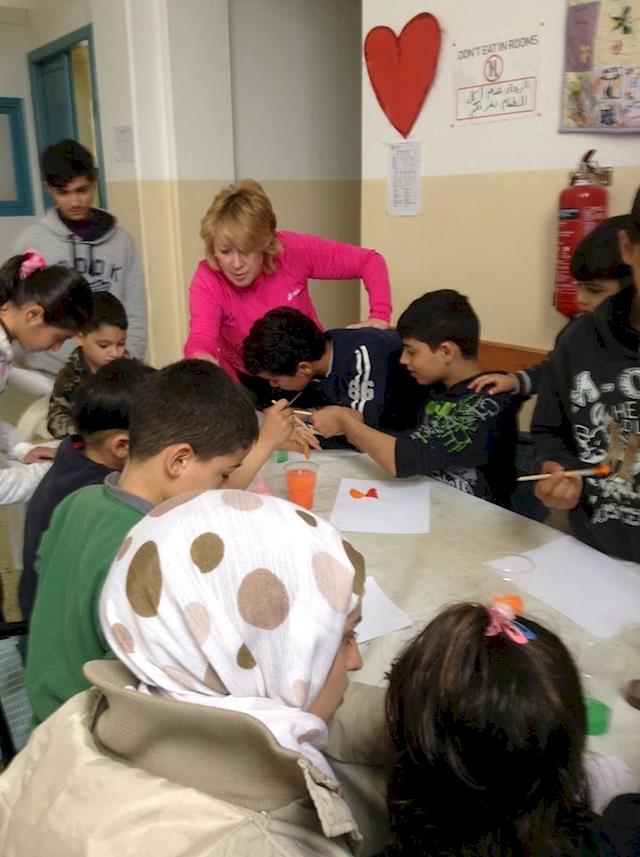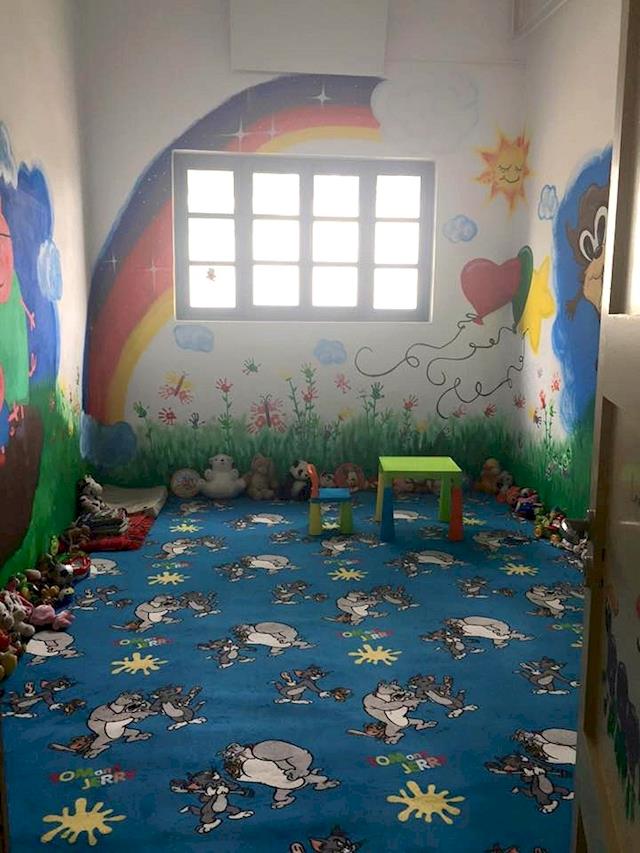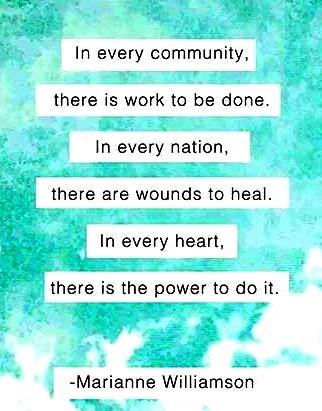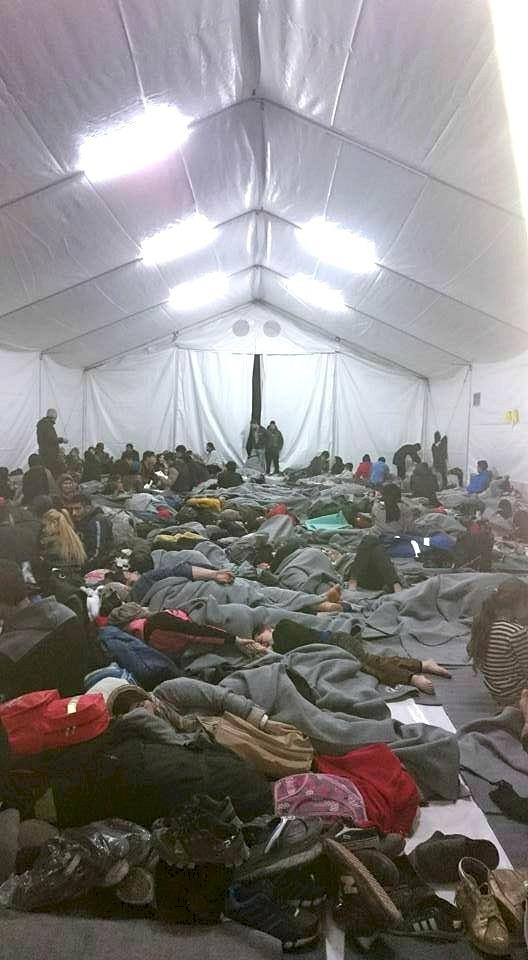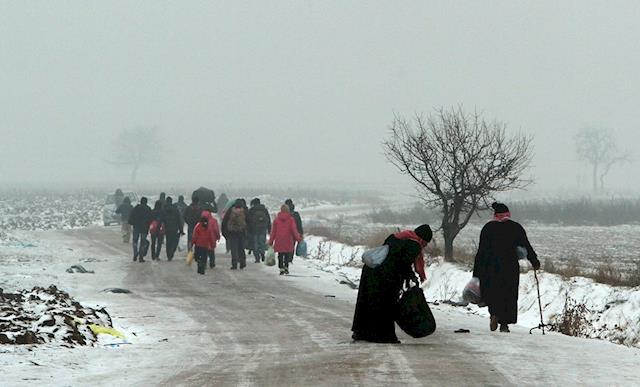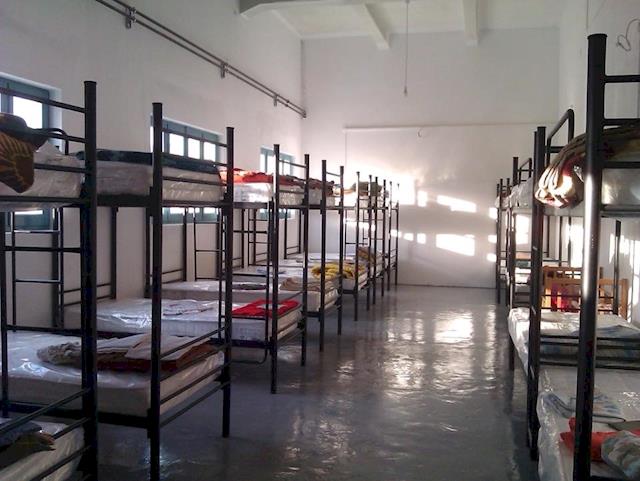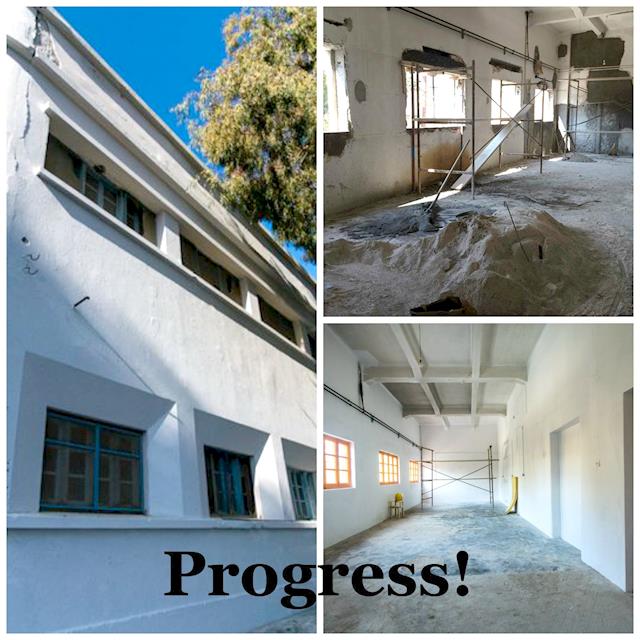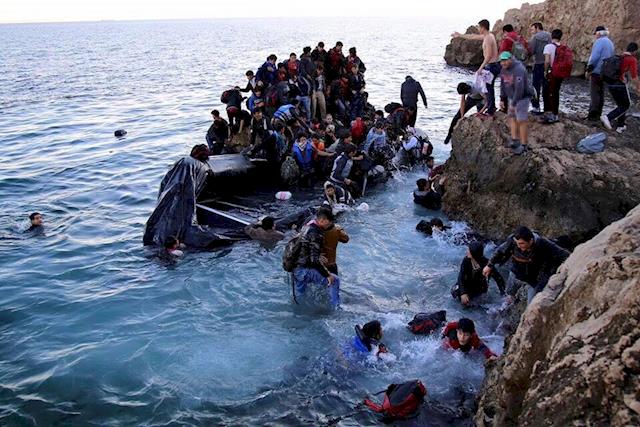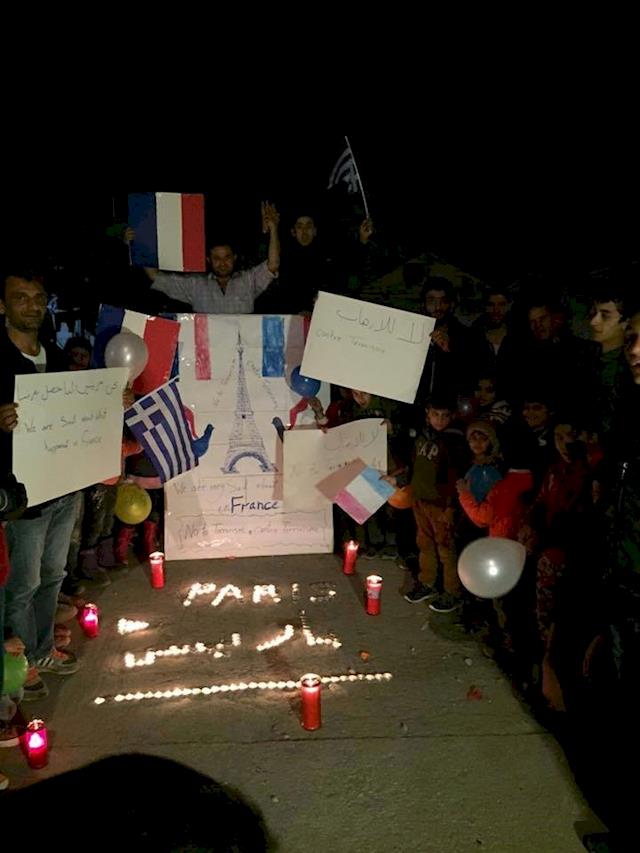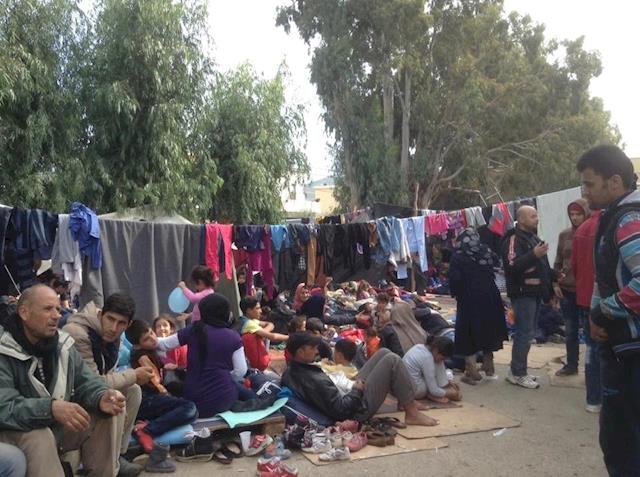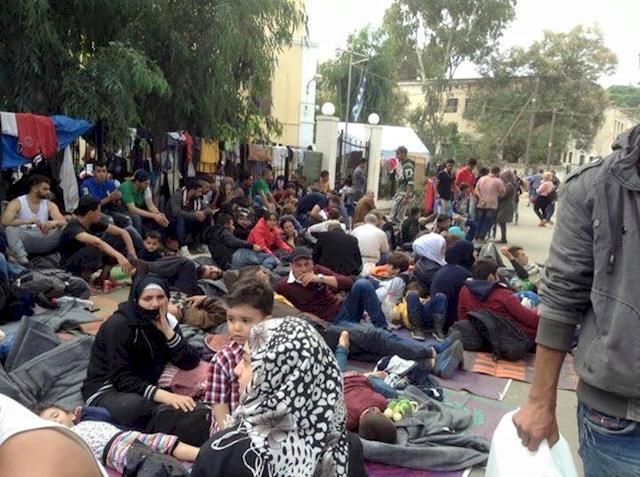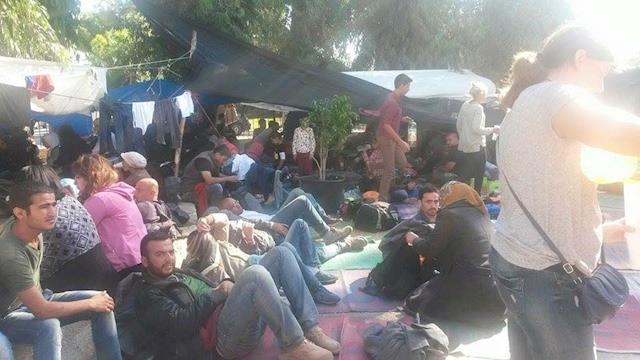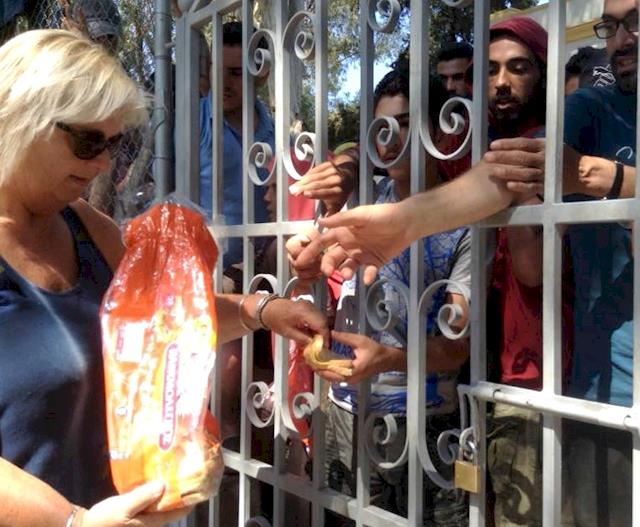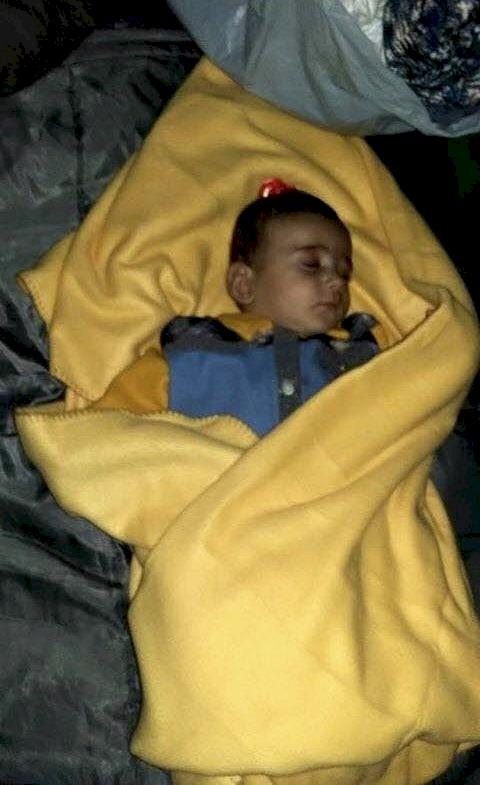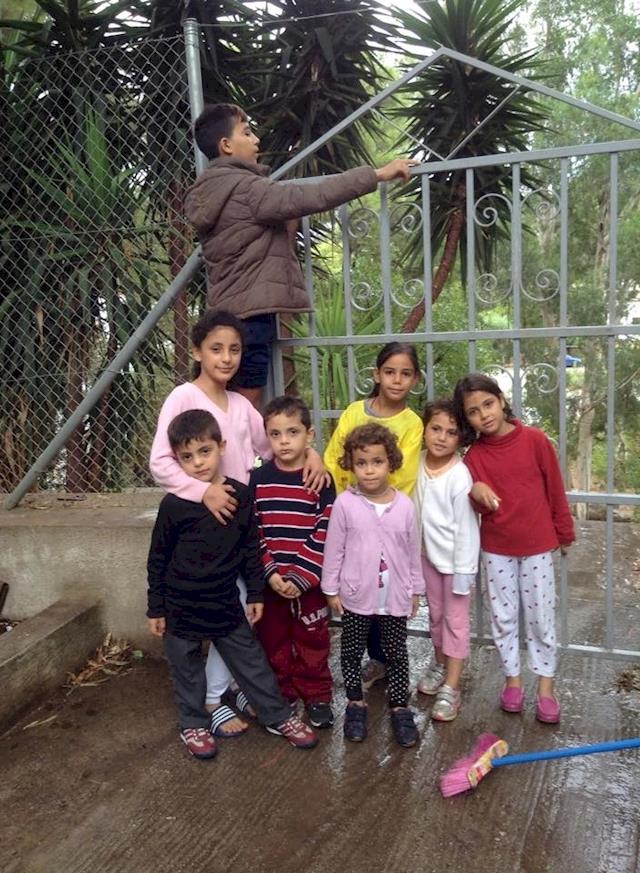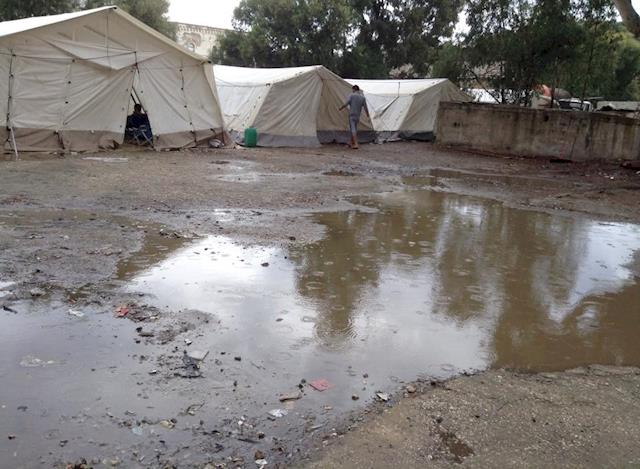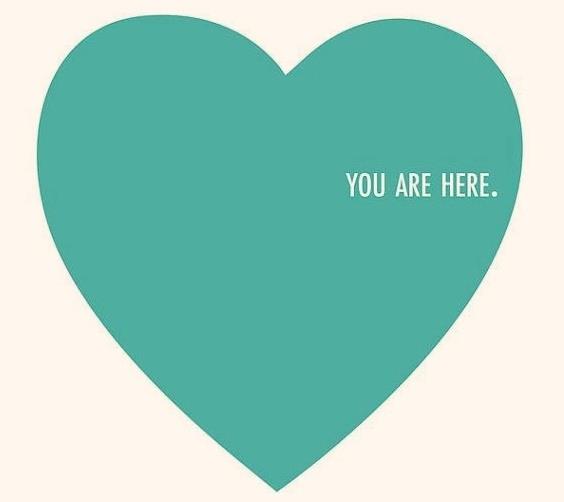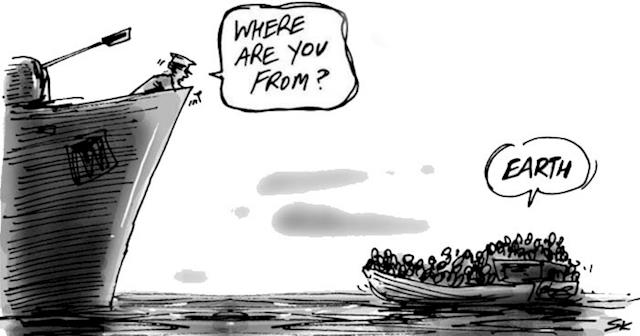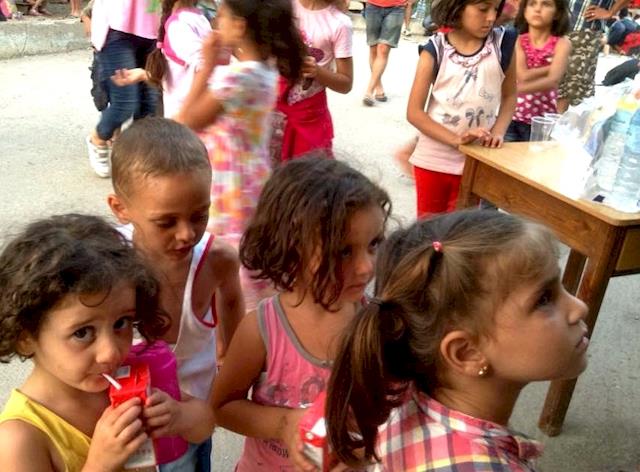(This is long, but well worth reading)
A message from Anne this morning:
"Today I held a woman who had just lost her two sons... they drowned in the Aegean last night (her 9 month baby and her 9 year old boy). The whole refugee camp is crying: many have lost family members, one woman lost her husband and her child, we don't even know how many have drowned yet....and I want to ask why? Why can't these people be given the right to travel safely? How many children have to die, how many mothers, fathers, daughters, sons?"
This is what happened - as reported by Simon Clarke, for The Guardian:
"At 2 am this morning a boat carrying refugees from Turkey sank just off Farmakonisi in the Dodecanese. Survivors told us that 45 people were drowned.
News came in that a dinghy sank at 2 am this morning – there is a strong wind and rough seas – they should never have set off in such conditions, but the smugglers don’t care and the Turkish police do not try to stop them.
The survivors are coming in on the coastguard boat at mid-day. Unfortunately we had already distributed all the clothes, but there will be food and water and a psychologist has been mobilized.
This is the first tragedy here since 19 died in July (http://www.theguardian.com/…/18-feared-dead-people-smuggler… ). Everybody is very shaken and meeting them will be very traumatic for all of us.
When we got to the ferry quay at Lakki the situation was far worse than we had expected.
An Iraqi who had been an interpreter for the Australian military told us what had happened. They had paid 2700 euros each to be taken to Greece by boat, with children half price (this is double the price of going in a dinghy because it is considered to be safer). They had been taken by bus from Bodrum to Didim, where they were led to a field behind the beach. The traffickers looked like gangsters – armed toughs ordering people around. After dark they were taken to the beach and ferried over in little dinghies to an old wooden gullet anchored offshore.
There had been 270 in the field, but only about 150 managed to get on the boat. They were told that the weather was good and the sea calm, but as soon as they set off they discovered this was not true, there was a strong wind and big seas. After a few kilometres the guy who was driving the boat jumped overboard, to be picked up by his cronies, and told two Syrians to take over, using the GPS on their phones to find the way. They motored slowly across to Farmakonisi and when they were about 600 metres offshore, at 2 a.m., they smashed a hole in the bottom of the boat and water gushed in. (This is standard practice – they are told to sink the boat when they see a Greek flag and they will be rescued by the coastguard. It is probably to make sure that the coastguard do not tow the boat back to Turkish waters).
The boat sank in about five minutes, with only a bit of the superstructure above water which people could cling on to – many people had basic buoyancy aids, but most could not swim.
Many of the refugees were angry that the coastguard took so long to get there, but it had been pitch dark so it was probably some time before the alarm was raised and then the coastguard boat had to get to Farmakonisi from Lakki. They later told us that there were 20 bodies in the wreck on the bottom of the sea.
Most of the refugees were severely traumatized. One woman with a child was completely hysterical and was taken straight off to hospital – the ambulance went to and fro taking the injured to hospital. One man had lost three brothers, his wife and two children. One man with his daughter had lost his wife, his brother and his son. His daughter had swallowed a lot of seawater and inhaled exhaust fumes, so they were taken off to hospital. We provided basic food, but very few of them could eat anything, though they took water and fruit juice. They had all lost everything in the disaster – passports, money, shoes, clothes, mobile phones.
The volunteers comforted people as best they could. Grown men held back their tears until they were comforted by volunteers, when they would break down in tears. We were also all in tears with them.
God, when will this end?"
